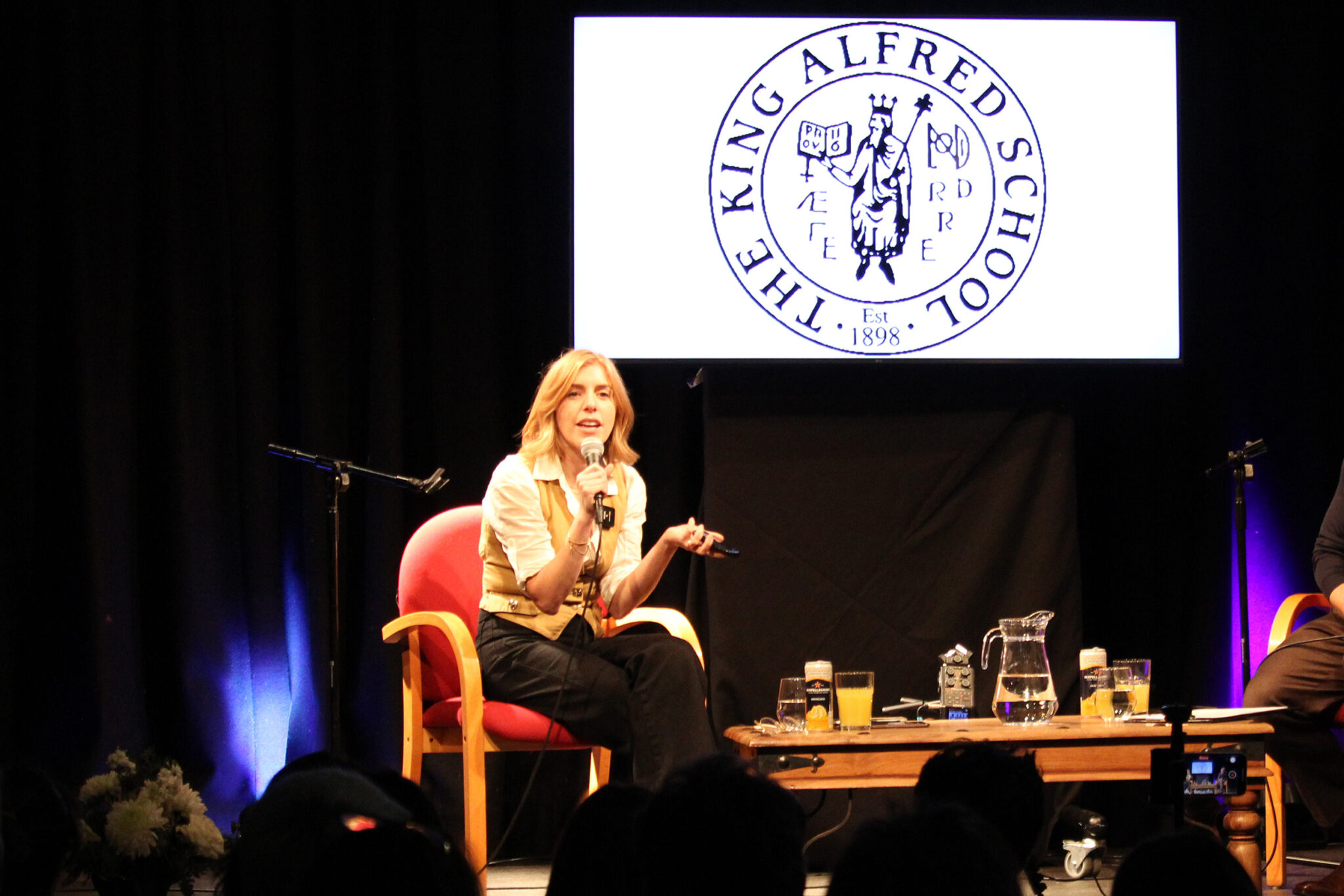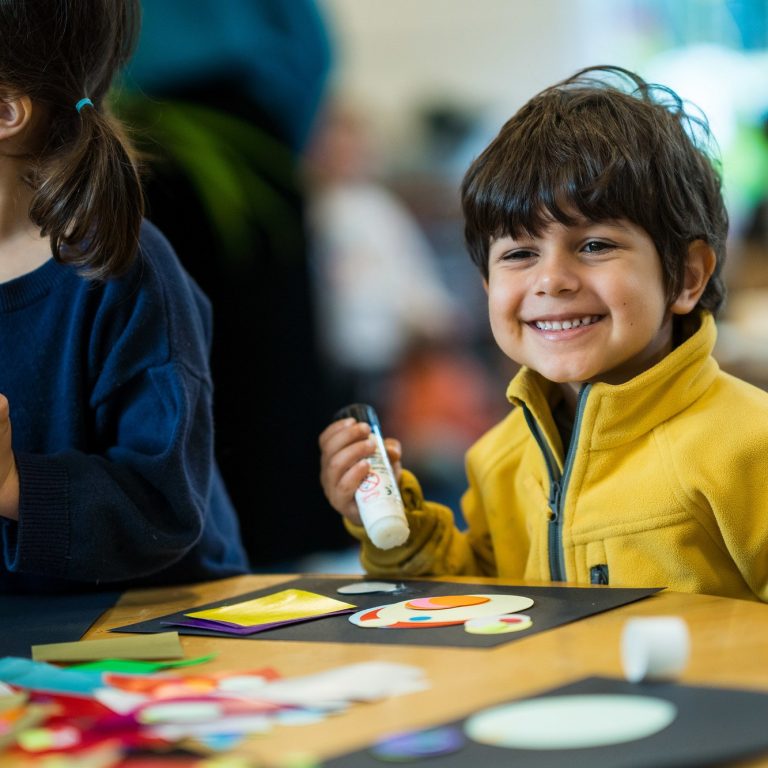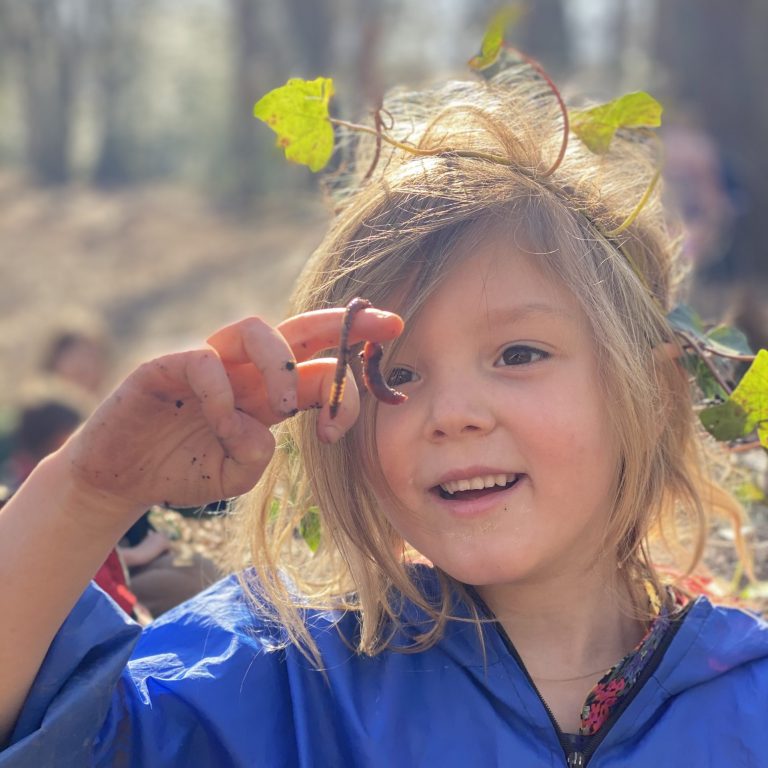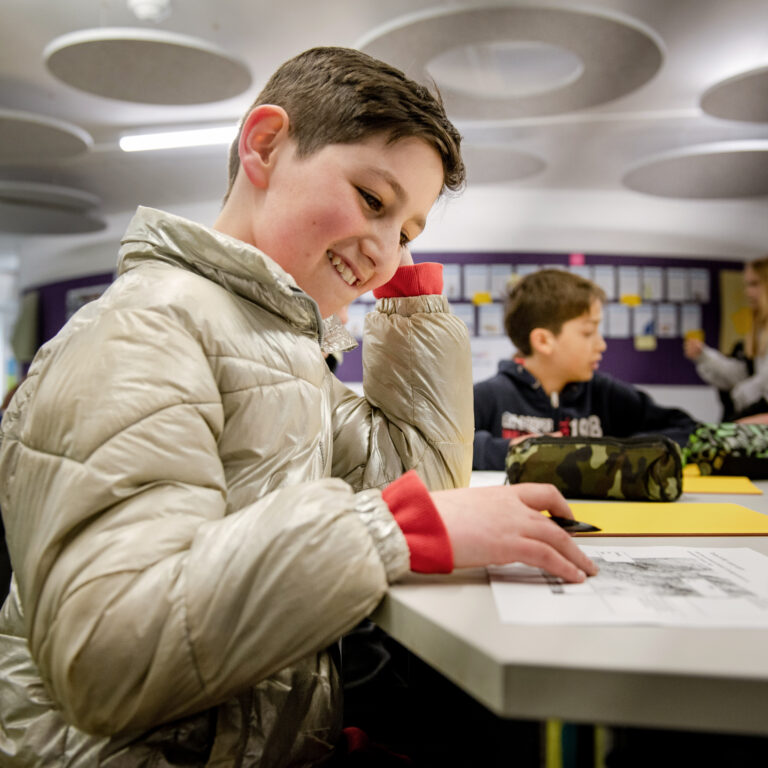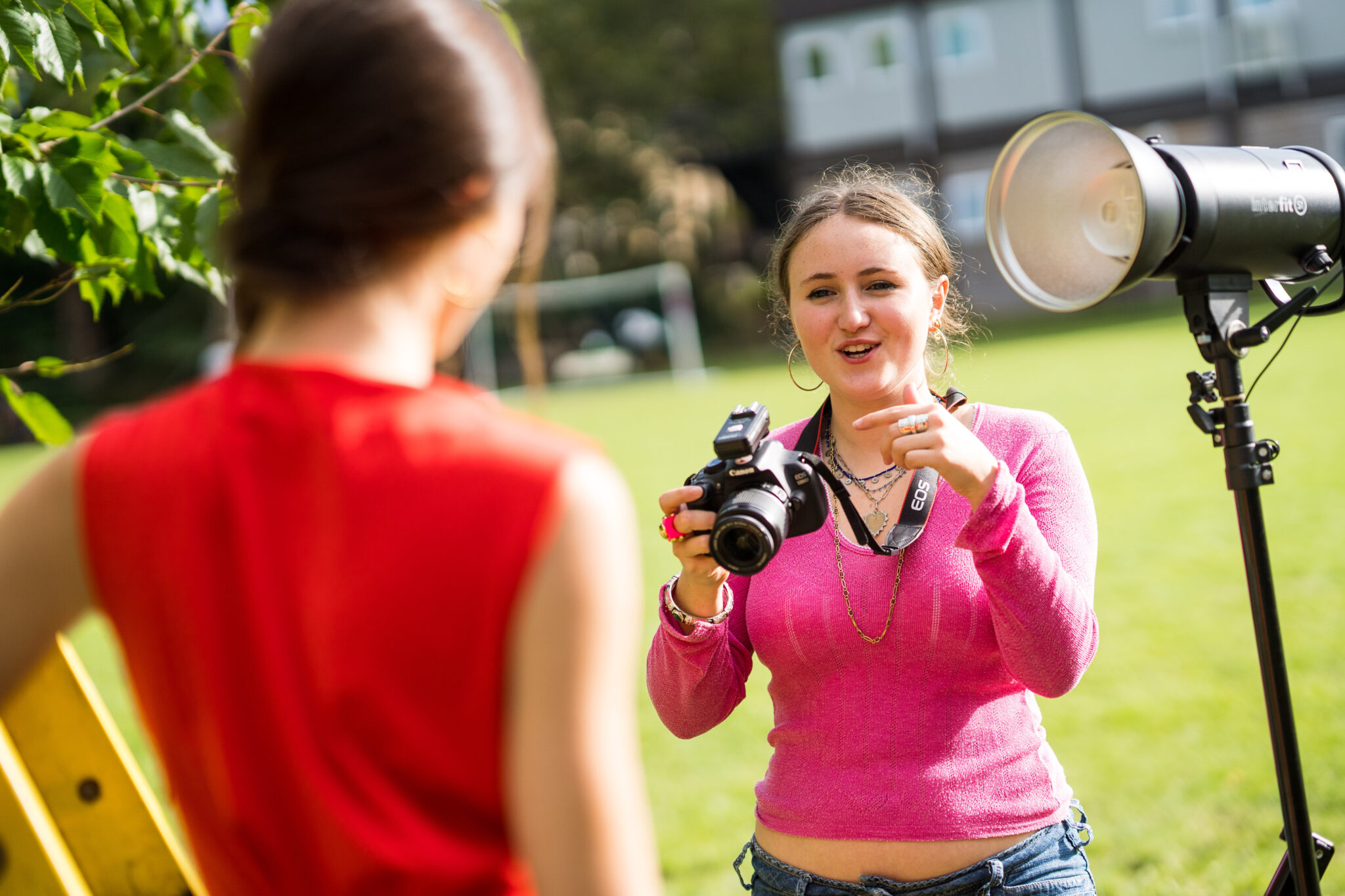How parents can navigate the dangers of smartphones
2nd December 24
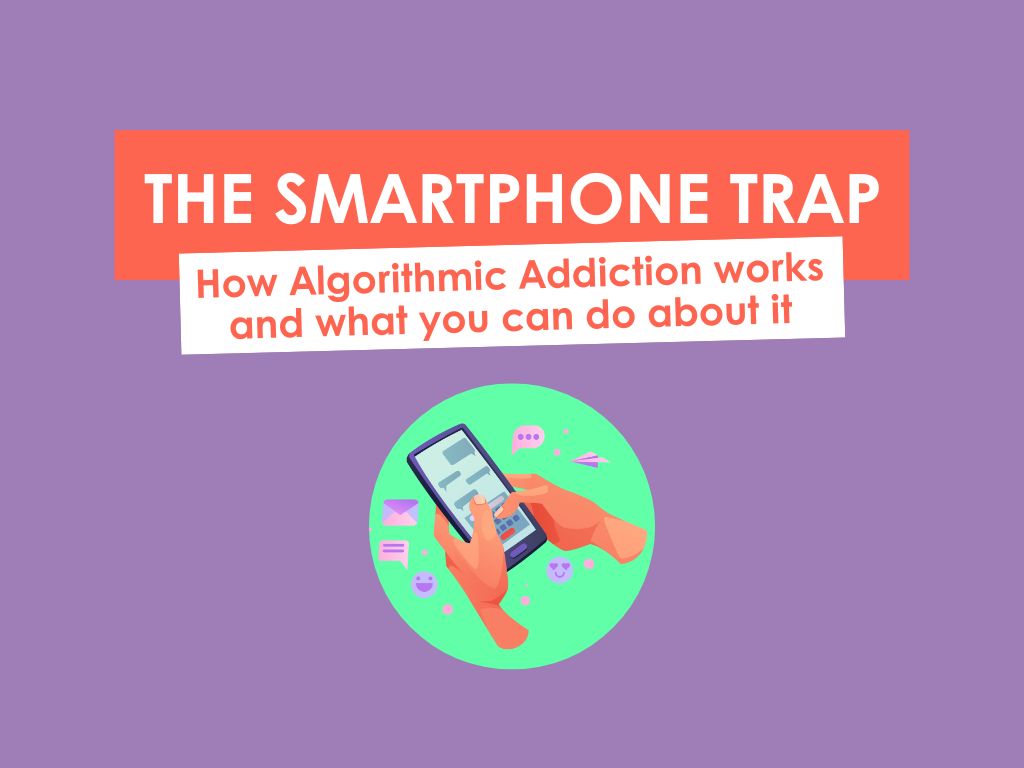
The King Alfred School and KASparents were thrilled to welcome UCL professor Dr Kaitlyn Regehr last week for a discussion on navigating the dangers of smartphones for children.
Titled ‘The Smartphone Trap: How Algorithmic Addiction Works and What You Can Do About It’, the hour-long talk addressed many parents’ fears – such as the absence of regulation of social media sites like YouTube, which 88% of children watch according to recent data from Ofcom.
Dr Regehr also pointed to research she conducted that found the amount of misogyny fed to young boys after one week of using TikTok increased four-fold, and to recently leaked internal documents that show how the app’s algorithm can become addictive within just 35 minutes of use.
She spoke too of last year’s Children’s Commissioner report, which found that 27% of children had seen online pornography by age 11, rising to half of children by age 13, and that the content is increasingly violent.
These alarming issues are further compounded by their fast and relatively recent rise. “For most things, we’re parenting based on a pre-existing knowledge – something that we ourselves lived through,” Dr Regehr explained. “But we didn’t grow up with this [social media and smartphones]. We don’t have that pre-existing knowledge.”
With this in mind, her repeated advice to parents was to take a proactive and informed approach to managing children’s digital lives.
But what does that look like practically? Below are some of Dr Regehr’s key recommendations from the talk, which current KAS parents can watch or listen to in full on our Parent Portal.
1. Understand your own and your children’s screen usage and consumption habits
Dr Regehr recommended considering this quantitatively and qualitatively, tracking both the time spent and the type of content consumed.
Qualitatively
Try doing a ‘walk-through methodology’. Open your most regularly used app with your partner and scroll through for a normative period of use. If the content served to you makes you uncomfortable in your partner’s presence, you might want to reflect on why that is and whether that content is healthy for you.
Quantitatively
Go into your phone’s settings and look at the breakdown of how much time you spend on your phone, and how long you spend using particular apps. You could also try keeping a ‘phone-fed journal’ to track when you use your phone during a typical week and what your mood is like at the end.
2. Proactively manage smartphone use
“If you hold the qualitative and the quantitative beside each other and you’re not happy with it, let’s start to think about that,” suggests Dr Regehr.
Practical steps you can take include switching your phone to greyscale to make it less addictive, setting strict time and usage limits (ensuring a five-minute email does not become an Instagram session, for example), and something she calls ‘algorithm resistance’.
This involves actively curating the content you consume on social media. Deliberately follow accounts that align with your values, and do not linger on any content you do not want to see. “If you did this actively, your algorithm would shift,” Dr Regehr said.
3. Discuss healthy versus unhealthy screen time and consumption with your children
A recurring message was the need for open and honest conversations with children about the issues and potential dangers of social media and modern technology.
If your children already use social media, you can do all the exercises above with them. But even if they’re not using social media or a smartphone yet, “start to talk to them about what healthy screen time and consumption looks like versus unhealthy consumption,” Dr Regehr said.
She recommended aiming for “healthy, nutritious screentime”, similar to how we talk to children about food. “I often talk to my kids about the fact there’s a lot I don’t like on Netflix,” she said. “I’ll say, ‘I don’t think this show is good quality; it’s like junk food – we can have it sometimes, but it’s not really good.”
4. Teach critical thinking skills
The more parents understand the challenges young people face online, the better they’ll be able to parent around them – and, in turn, help their children to navigate the digital landscape. “Because even if you don’t give your child a phone until they’re 16, they are still going to turn 17 – and you haven’t prepared them,” Dr Regehr warned.
Examples include using sites such as Sightengine to check whether images are AI fakes and discussing disinformation with children.
5. Aim for more ‘interactive screentime’
Previous guidance promoting daily screentime time limits is now outdated, Dr Regher argued, because it only addresses quantity, not quality.
Instead, she recommended aiming for more ‘interactive’ or ‘social’ screentime – for example, pausing a family viewing of Mary Poppins to chat about the suffragette movement.
“That’s a very different type of screentime to kids sitting on their own with headphones in, consuming short, quick content,” she said. “We need to break away from that if we want to build a social, critical digital citizen.”
6. Encourage a digital spring clean
Remove all the apps you no longer use from your phone, unfollow anyone who makes you feel bad about yourself – and encourage your children to do the same.
Current KAS parents can watch a recording of the full discussion in our Parent Portal. You can also read the school’s advice on keeping children safe online.
About Dr Kaitlyn Regehr
Dr Regehr is an Associate Professor and the Programme Director of Digital Humanities at UCL. Her research focuses on the cultural impacts of social media, particularly on children and youth. She is also the author of Smartphone Nation: Why We’re All Addicted To Screens And What You Can Do About It, which is due for release next year.



